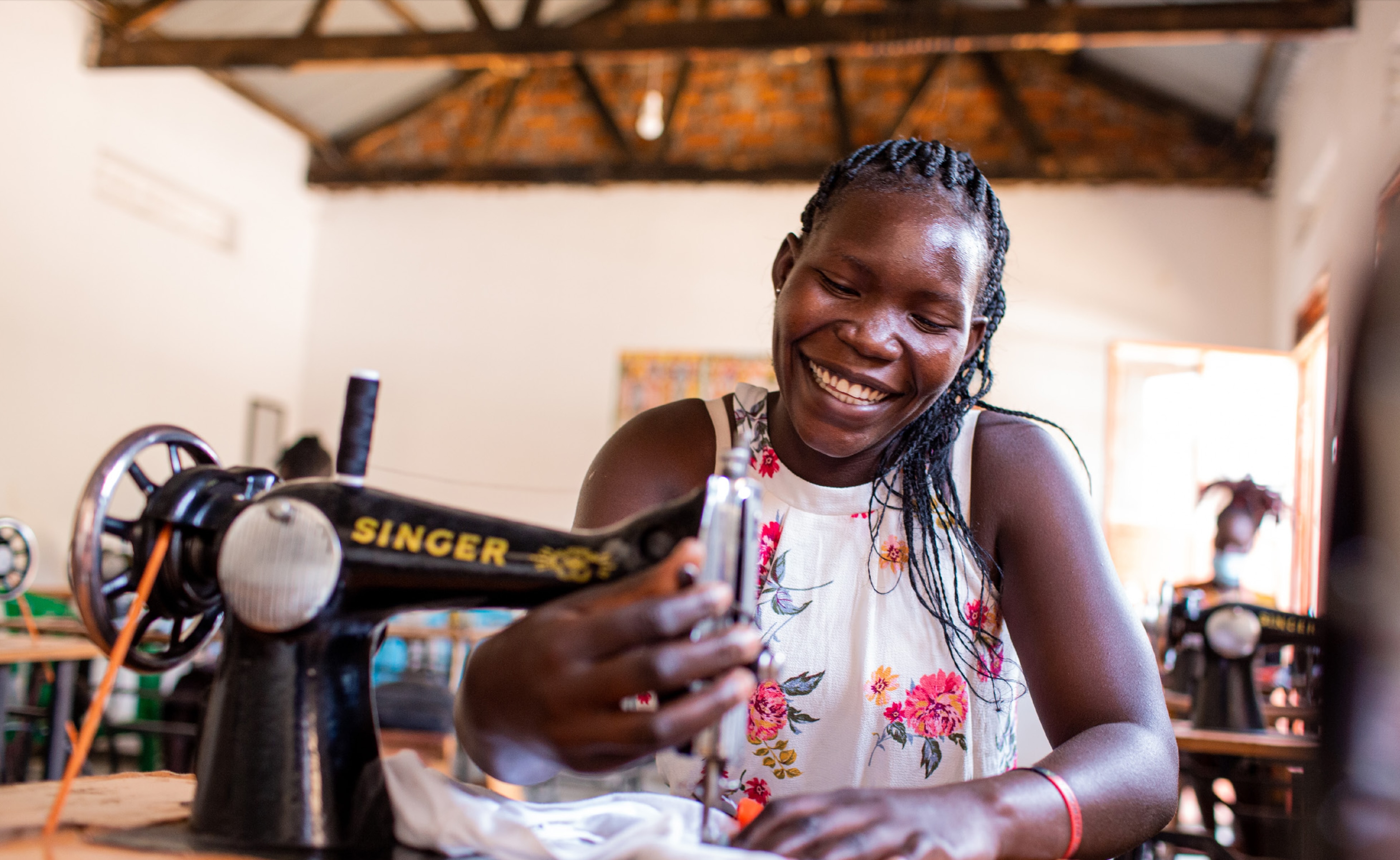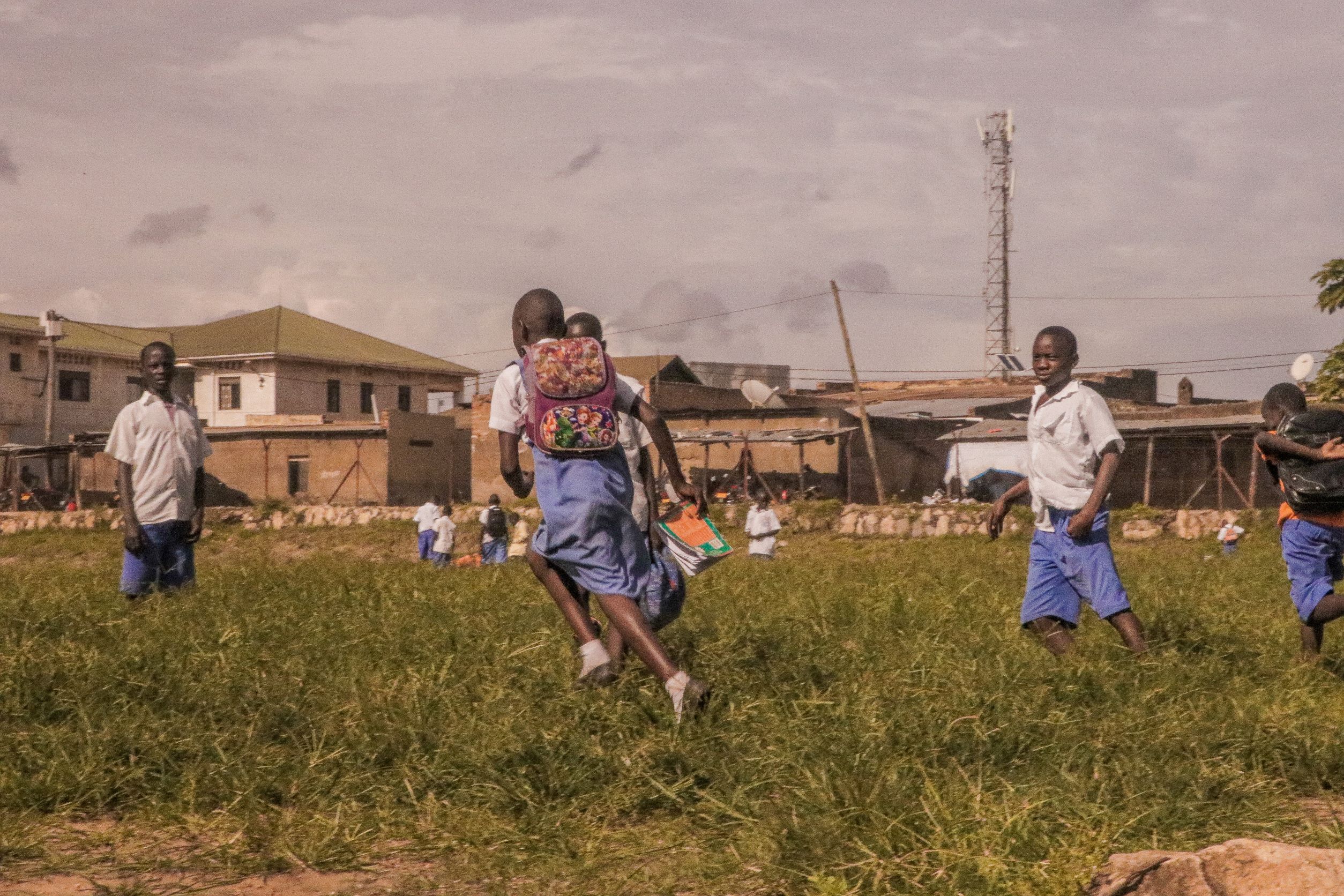In a significant advancement for urban refugee recognition, a local municipal initiative in a Ugandan border city has successfully influenced the inclusion of urban refugees in Uganda’s national census.
Previously, urban refugees were only recorded in the capital city, Kampala, even though towns and cities in Uganda’s border areas reported significant populations of self-settled refugees, in some cases up to 26 per cent.
Without an accurate count of the refugees, the municipalities were unable to receive sufficient central government transfers to adequately serve both host and refugee populations – a situation that risked resentment and social tension.
Through the advocacy of cities and collaboration with the Uganda Bureau of Statistics (UBOS), the 2024 Uganda Population and Housing Census will, for the first time, enumerate urban refugees across the country. This inclusion will ensure that national government transfers reflect the true population size of cities, enabling the provision of services for all and fostering greater well-being and social cohesion.
Governments know little about how many people are coming. The issue of data is very key in planning for these people.
– Ms. Sarah Nandudu, National Coordinator,
Slum Dwellers Federation of Uganda
A Result Built on Data
Since 2018, Cities Alliance has worked with Arua City, UBOS, and the AVSI Foundation towards the enumeration of urban refugees in Uganda, beginning with an initiative in Arua municipality.
Located near the borders of conflict-torn South Sudan and the Democratic Republic of the Congo (DRC), Arua municipality estimated that self-settled refugees made up a large percentage of its population.
These refugees sought access to social services, particularly for education, health care, and access to livelihoods. However, because refugees living in Arua City were not included in the national census, the municipal authorities lacked accurate data to advocate for greater intergovernmental budget transfers to finance adequate urban services.
The initiative, funded by the Swiss Agency for Development and Cooperation (SDC), pioneered a collaboration with UBOS to address the data gap on refugees in Arua. A survey was undertaken that confirmed the presence of large numbers of refugees in urban centres and encouraged the central government to expand its recognition of urban refugees beyond Kampala.
A lot is being done for refugees in districts, but not for those in cities. We need a deliberate effort to ensure that urban refugees are captured in our programmes.
– Mr. Isa Kato, Mayor of Arua from 2017–2021

With accurate population information, Arua can guide informed policy planning for better migration management, advocate for greater resource allocation, and identify opportunities for socio-economic interventions to foster self-reliance among migrants.
Uganda’s First Digital Census
The survey was followed by strategic advocacy efforts at the national and global levels, and the Ugandan government decided to enumerate urban refugees across Uganda in its 2024 national census. The ten-day enumeration will begin on 10 May 2024, and it will collect data using electronic devices for the first time.
The 2024 Census will be the first of its kind to provide comprehensive data on individual refugees for all cities and other urban settings throughout the country. Meeting the needs of displaced communities in cities requires participatory planning and meaningful joint priority setting supported by reliable data.
– Ms. Helen Nviiri, Director of Population and Social Statistics, UBOS
The 2024 census has five questionnaires: (i) household, (ii) institutions, (iii) hotel, (iv) floating, and (v) community. The household questionnaire will be used to collect data from refugee settlements, including the host communities, with a module on migration that will capture information on cross-border refugees and internal displacement.
The questions about refugees are included in Section 1 of the census:
Particulars of Household Members (p.4):
P27 Refugee / Asylum Seeker Status:
Is [NAME] a refugee/asylum seeker? 1. Yes 2. No
P28 Registration: Since arriving in Uganda, has [NAME] been registered (formalised refugee status) with the GoU?
1=Yes, document seen. 2=Yes, document not seen. 3=No. 98= DONT KNOW
Household Particulars (p.14):
Is this a refugee household? 1=Yes >>Next section 2= No
The Cities and Migration Programme
The survey of refugees in Arua was conducted through the Strengthening Mechanisms for Receiving, Managing and Integrating Involuntary Migrants within the Arua Municipal Council initiative as part of the Cities Alliance Global Programme on Cities and Migration, which focuses on migration management in secondary cities in low-income countries and is supported by SDC.




